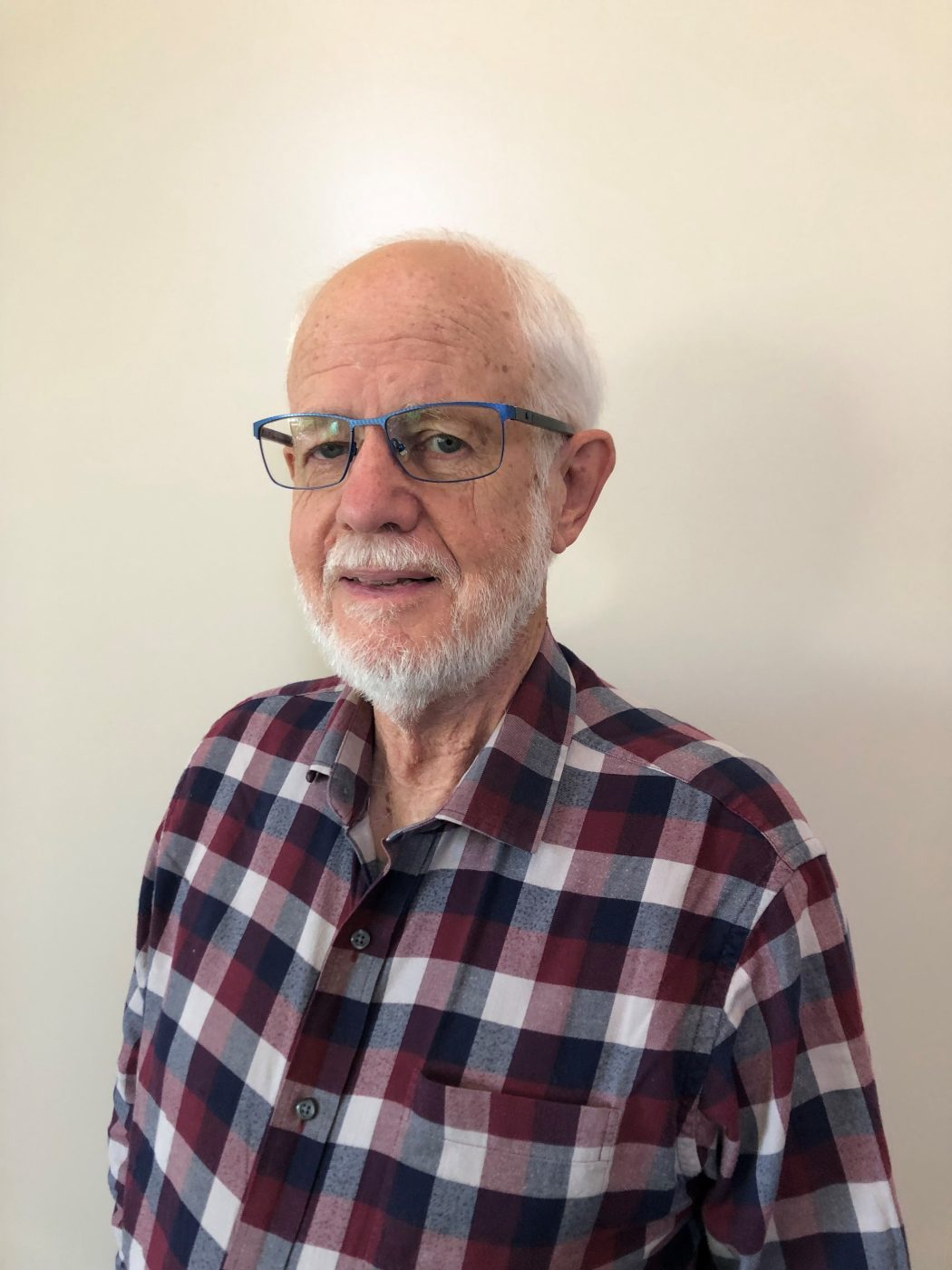Completing a Diploma in Applied Chemistry in 1966, Bruce commenced his career with the PMG research laboratories (pre-Telstra). In 1979 he completed a M.Sc. in Polymer Science and Technology in the U.K. and went on to hold many senior technical and management positions in Telstra.
Coming to NATA as Technical Assessor in 1973 and now in Physical Performance Testing, Bruce has performed more than 90 assessments across Australia and is, without question, one of the country’s leading experts in the testing of rubber, plastics and textile materials and products.
Currently the Chairman of the Physical Performance Testing Accreditation Advisory Committee, Bruce is extremely generous with the time and expertise he gives to NATA. During his time with NATA, Bruce has been active in NATA and Standards Australia technical committees and is an excellent ambassador for NATA in his industry interactions.
This has also given him substantial practical expertise in the industrial application of mechanical and chemical testing methods and experience at all levels of technical management.
Since leaving Telstra in 2000 Bruce has, among other related activities, been operating his own materials science and technology consultancy and continues to be connected with NATA.
We asked Bruce to provide some insights into is remarkable journey.
Q: What made you decide to become a NATA Technical Assessor?
This has also given him substantial practical expertise in the industrial application of mechanical and chemical testing methods and experience at all levels of technical management.
Since leaving Telstra in 2000 Bruce has, among other related activities, been operating his own materials science and technology consultancy and continues to be connected with NATA.
We asked Bruce to provide some insights into is remarkable journey.
I received a phone call from someone in the Victorian office who asked if I was interested in becoming a NATA Assessor. It was an opportunity to broaden my skills base and further develop industry contacts. There was no training, just some documents in the post and I turned up at the lab on the appointed day for the assessment!
I became an Assessor in the areas of Mechanical Testing and Chemical Testing in order to cover the full range of plastics tests.
Q: Why do you believe accreditation is important?
Accreditation provides certainty for suppliers, manufacturers and consumers. It reduces costs and provides traceability when things go wrong.
Q: What has been a key takeaway you have learnt over the years as a TA?
Treat clients the same as you would like to be treated. Respect confidentiality of information. Share experiences. Don’t pre-judge. Listen to what client is saying and showing you. Don’t make assumptions. Provide honest reasons why a ’Condition’ has been applied. Do your homework before an assessment!
Q: What words would you use to describe NATA?
Competent. Trustworthy.
What are some key moments for you in your career?
- Research work at British Rail Technical Centre and Rolls Royce Advanced Composites Department, Derby, UK, in 1979.
- Operated Polymer Science Telecommunications consultancy after leaving Telstra in 2000. Also, partner in a small business until 2020.
- A founding Director of a Community Bank® operating company.
- Presented papers and chaired sessions at conferences in Australia and overseas.
- Have been a technical expert for IANZ since 1999.
- Appointed as a member of Materials Testing AAC in 2013 and subsequently Chair.
- Currently, Chair Physical Performance AAC.
Q: How do you see the future for NATA Technical Assessors?
Volunteer Technical Assessors have been a key to NATA’s success for 75+ years. They bring impartiality to accreditation. I do note that the supply of Volunteer Technical Assessors in many fields of testing is under pressure due to reduced manufacturing and closure of Government laboratories and testing facilities. For me, their work is critically important.

